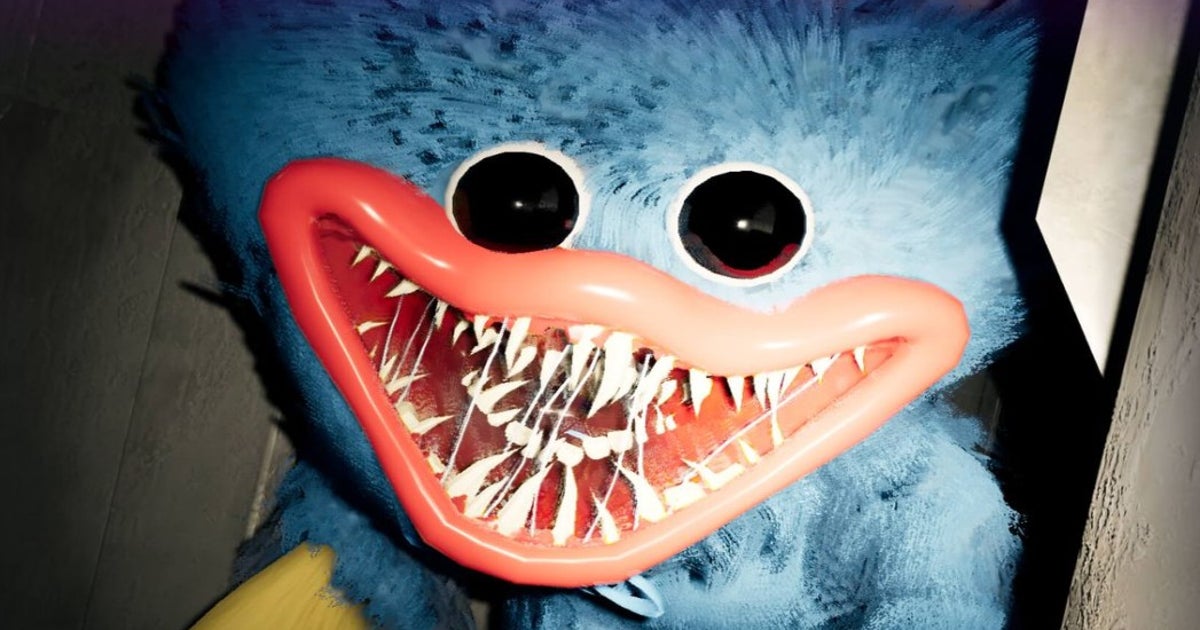Poppy Playtime is going after Google

Poppy Playtime developer Mob Entertainment has sued Google for failing to remove “fraudulent” apps from the Google Play store.
In legal documents filed Wednesday (thanks, TorrentFreak), the creators of Poppy Playtime accuse Daigo Game 2020 Inc. in the release of “rogue” apps, deliberately advertised with titles such as Poppy Playtime: Chapter 3 and Poppy Playtime: Chapter 4, long before the releases were officially published. released for mobile devices.
Manage your cookie settings
In addition to the obvious use of the Poppy Playtime name, the advertising design also clearly uses Poppy Playtime characters and screenshots from the second chapter of the authentic game.
According to the complaint, Mob contacted Google repeatedly over several months, but each time the erroneous app was removed, it simply reappeared a day or two later.
The apps are reported to not even download copycat or derivative games.
“Mob Entertainment’s trademarks and copyrighted materials are intended to deceive consumers into spending up to $95 on a game prior to its release on Google Play. Instead, the company asks users to pay between $30 and $95 for the Guide wuggy playtime mod,” the complaint states.
“Google directly benefits financially from the violation of user rights, if only because users of devices containing the application are encouraged to purchase the Guide wuggy playtime mod for $95. If they make a purchase, Google gets $15-$30.” percent of revenue.”
At the time of writing, the rogue game is still available to view and install on the Google Play Store. Unless players know exactly who publishes the game, it’s impossible to tell them apart, especially since it doesn’t include user ratings or links to user reviews.
While the real game is a premium product and has over 10 thousand downloads, the fake app has been downloaded over a million times.

“Google has been deprived of the benefit of the DMCA safe harbor for its infringement of Mob Entertainment’s copyrights contained in the unauthorized applications Poppy Playtime: Chapter 3 and Poppy Playtime Chapter 4,” the court filing states.
“Unauthorized Poppy Playtime apps have tarnished Mob Entertainment’s Poppy Playtime (copyright) mark by associating it with low quality apps that are nothing more than bait and switch scams.
“Google’s illegal, unfair, and fraudulent business practices and practices have caused Mob Entertainment to expend enormous amounts of resources, including the time of its employees, in fruitless attempts to force Google to remove applications that infringe copyright, trademark, fraudulent, and other illegal and unfair business practices. and practice.”
Mob Entertainment is seeking “actual damages in excess of $75,000,” all of Daigo and Google’s profits from the fraudulent apps, legal fees, and $150,000 in damages for each infringed work. The company is also hoping for an injunction that will prevent Google and Daigo from infringing on the trademark in the future.
It’s the latest in a number of game developers calling on digital game stores not to respond quickly to games that are intentionally misleading or infringing.
Just last month, creative director of indie hit Unpacking Ren Brier criticized Nintendo over the popularity of copycat games on its Switch eShop, and a few days later, fans noticed imitations of Black Myth: Wukong. The 2D platformer’s gameplay and presentation are noticeably different, but its promotional design and title could easily be confused with that of the blockbuster Game Science.

